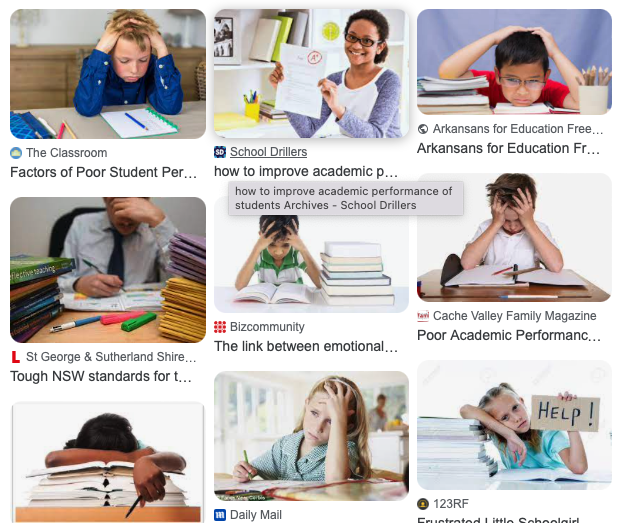Have you seen The Marvels movie in theaters yet?
If your answer is “NO,” you’re not alone. The Marvels had the worst box office opening ever for a movie in the MCU franchise.
Considering the Marvel Cinematic Universe has earned a worldwide gross income of nearly THIRTY BILLION DOLLARS* from its combined movies, I’m sure they’ll be fine.
I’m even more confident in Marvel’s well-being given recent comments by one of their up-and-coming stars.
In an interview with Yahoo Entertainment, actress Iman Vellani (Ms. Marvel herself) shared her honest feelings about the film’s performance and audience perceptions.
“I’m happy with the finished product, and the people that I care about enjoyed the film. It’s genuinely a good time watching this movie, and that’s all we can ask for with these films. It has superheroes, it takes place in space, it’s not that deep and it’s about teamwork and sisterhood. It’s a fun movie, and I’m just so happy that I can share it with people.”
Whether you like The Marvels or not–heck, whether you even go see the movie or not–you have to respect the Ms. Vellani’s positive outlook. Enjoy the creativity and enthusiasm, and share that enjoyment with those who are important to you.
I bolded that previous statement because the same approach applies to TEACHERS.
Like movies, schools may find themselves in the headlines due to lackluster performance. Often, the stumbles and setbacks get more scrutiny than the successes.
Teachers can take it upon themselves to create positive buzz. Advocacy is a topic we’ve addressed in this blog a few times, thanks to Stan “The Man” Lee and the American Federation of Teachers (AFT).
On other occasions, we may just need to rely on thick skin, like Ben “The Thing” Grimm of Fantastic Four fame.
Or maybe we don’t have thick sin, but a magical bracelet that combines with our mutant powers to create a shield of hard light energy. That’d be nice . . .
Here’s another excerpt from the interview with Iman Vellani:
“I had a lot of experience in high school alone when I would share my excitement with someone, and then they’d immediately shut me down for being so excited . . . . If people are excited about something, let them be excited about it. And if you have constructive criticism, voice it — but never be the wet blanket on someone else’s excitement.”
Wise words from a 21-year-old.
And not only sage advice, but also a practical strategy for teachers working with students.
We all encounter kids who have grand ideas, but maybe not the best plans. Effective teachers are those who can encourage and cultivate enthusiasm in the classroom.
Marvelous teachers harness that energy for productive outcomes inside school and beyond.
We–AND our students–should cherish such experiences.
























